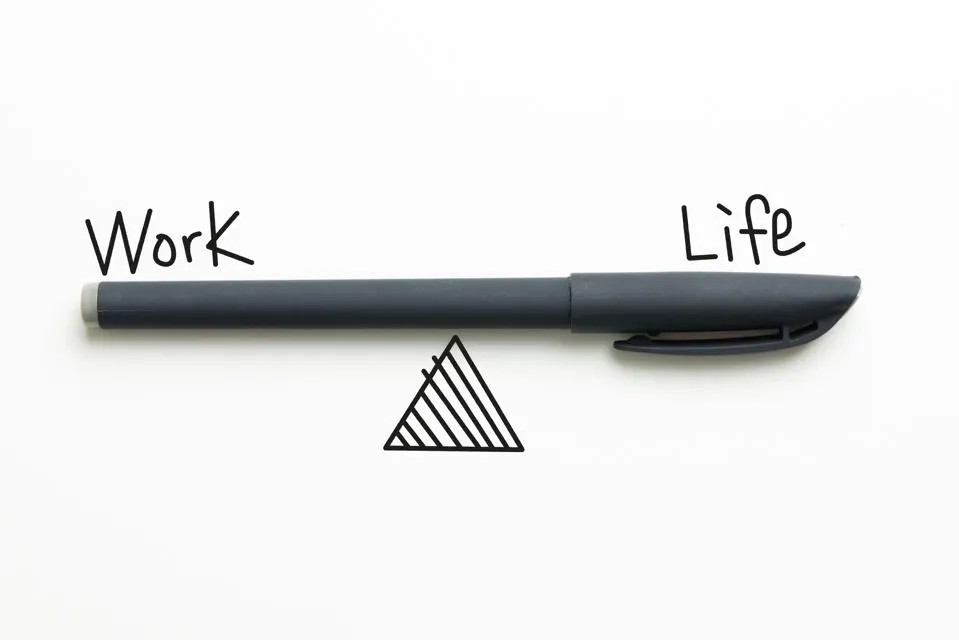The 4-Hour Workweek concept by Tim Ferriss got people thinking about what the workweek of the future (and today) will or could look like. I don’t think Ferriss is actually advocating working four hours a week. Instead, he looked at remote work and outsourcing as ways to streamline someone’s workflow and create a more satisfying life. Jack Ma, the founder of Alibaba, has espoused that by 2030 the average workday will be four hours.
Many people posited that when we had all this automation, computers—and artificial intelligence—our workdays would be shorter and shorter. Everybody thought that life was going to be better, easier, and we would have more leisure time.
But it seems we’re busier than we’ve ever been.
Now, here’s where I will agree with those guys (sort of). The jobs today that take eight hours will only take four hours as time goes on. But then we will have new tasks that will fill the other four hours. We don’t know what those tasks will be today, but they will present themselves as new challenges, new opportunities, new visions, new frontiers.
Jobs change. For example, how many people darn socks today? It used to take a lot of time to darn socks. Today, if socks get a hole in them, people just throw them away or send them off to the grade school to be upcycled as sock puppets.
I know my example is lighthearted—but it shows my point. We need to understand that certain jobs will disappear as we automate things. But we will still move forward with new positions—and professions. Twenty years ago, we did not have podcasters, cloud architects, telemedicine, social media managers, or many other current jobs. On the flip side, we no longer have telephone operators and certain positions, like travel agents and content writers are dwindling.
But a bigger part of why we will not have a four-hour workday or a four-hour workweek is . . . because of who we are as humans.
Every year, Gallup conducts a survey asking a sampling of U.S. adults a fairly straightforward question: How much do you like your job? Those who say they are “completely satisfied” at work has risen from “41 percent in 2001 to 55 percent in 2019. In 2020, despite the fact that millions of Americans had shifted to remote work, 89 percent said they were either ‘completely’ or ‘somewhat’ satisfied.”
In fact, science has studied precisely what happens when we are bored. We’ve all heard of burnout but recent studies have looked at “bore-outs”—what happens when we are bored at work. Being bored and not challenged at our jobs can lead to anxiety, depression, and stress—one study even claims it is the top reason people change jobs.
Work, for many of us, is a place to challenge us and a place where we feel fulfilled. It might even be our passion! While I think many of us are still seeking that elusive “work-life” balance, I feel confident that doesn’t mean working four hours a week—or even four hours a day. The workplace is changing—and we’ll be changing along with it.
